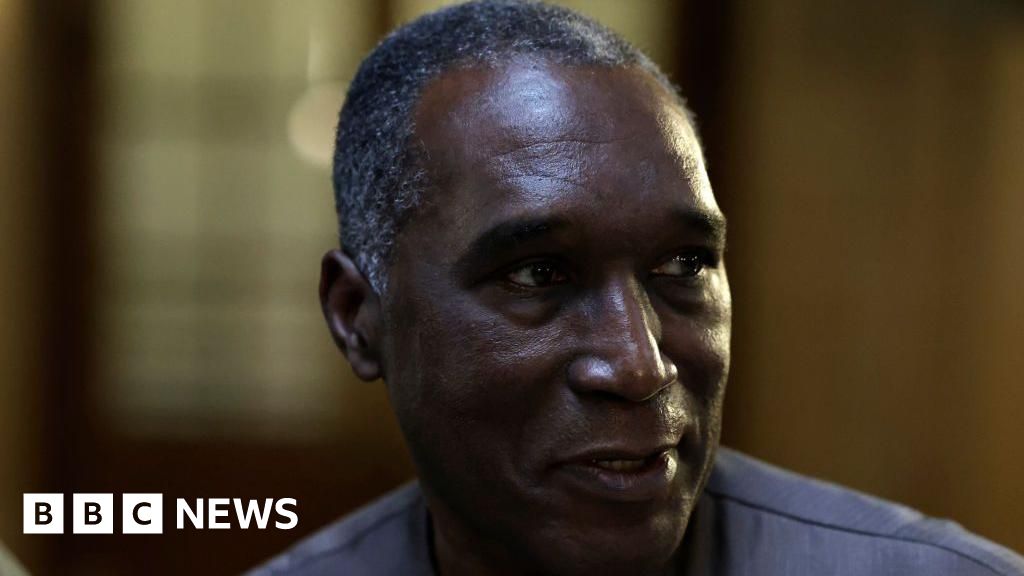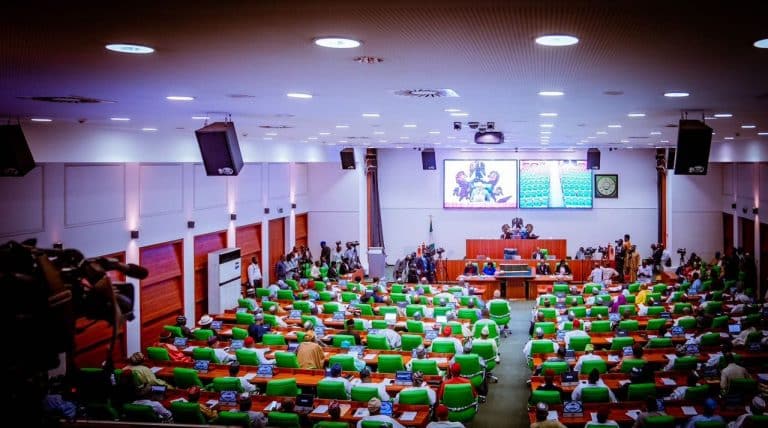Place your adverts here on InfoDig @ low rates; banner ads, sponsored links and guest articles etc. Contact us

Attorney General and Commissioner for Justice, Senior Ibrahim Sulyman
The Kwara State Taskforce on Human Trafficking has charged residents in the state to be law-abiding and complement the government’s efforts at eradicating all forms of human trafficking in the state and the country at large.
The Attorney General and Commissioner for Justice, Senior Ibrahim Sulyman who doubles as the Chairman of the Taskforce made the appeal through a statement where he further enlightened the public on the dangers of human trafficking with the aim of curbing the menace, especially within the state.
Sulyman in the statement by Adesikeola Ajiboye, press secretary in the Ministry of Justice and copies made available to Arewa PUNCH in Ilorin on Wednesday stated that ignorance of the law is not a defence, warning members of the public to be law-abiding.
The Attorney General disclosed that offences of trafficking in persons begin from abduction or recruitment to transportation and entry of the individual into another location.
According to him, “This is followed by the exploitation phase, during which the victim is forced into sexual or labour servitude and other forms of exploitations.”
Therefore, Sulyman charges the public to be on the alert, adding that “anyone who witnesses or suspects human trafficking or is personally being trafficked should call the government’s toll-free, multilingual, 24-hour National Human Trafficking Resource Center & Hotline 627 while members of the public can also visit the Kwara State Ministry of Justice, Room 151, to get help for victims and survivors of human trafficking, or connect with local services, which is available 24/7.
“Trafficking in persons should be understood as a process rather than as a single offence. During the trafficking process, the offenders usually perpetrate a number of different offences. There may be linkages between trafficking operations and other criminal offences such as the smuggling of weapons or drugs. Offences are also committed in furtherance or protection of the human trafficking operators.
“Other crimes, such as money laundering and tax evasion, are secondary, but essential to protect the illicit proceeds of trafficking activities,” the Commissioner explained.
“Offences are committed at various stages of trafficking in persons process, such as: recruitment, transportation and entry, exploitation. Others include document forgery, unlawful coercion, money laundering, fraudulent promises, immigration law abuse, threats, tax evasion, kidnapping, corruption of officials, extortion, false consent of the parent or guardian of a child, damage to property, false imprisonment, intimidation or subversion of officials, recruitment to which the victim lacks capacity to consent, withholding of documents, procurement, theft of documents, sexual assault, aggravated assault, rape, death, forced abortion, torture, among others.
“In trafficking offences, other crimes may be committed to force compliance of the victims, maintain control, protect trafficking operations or maximise profits. Victims may be subjected to threats, physical and sexual violence or other mistreatment. Their passports and other vital documents may be taken from them. They may be forced to work without payment, often in occupations that are unpleasant, difficult, dangerous or illegal in the state where they are carried out”, Sulyman further explained.
“For example, prostitution, pornography and trafficking in illicit commodities, such as narcotic drugs. Apart from offences committed against victims, former victims who assist the authorities may be threatened with or subjected to retaliatory violence and public officials may be the subjects of corruption, subjected to threats or both. Prosecution of individuals for additional or overlapping offences may also be useful in demonstrating to the courts the serious nature of a particular trafficking operation,” he added.
The statement stressed further that, trafficking in Persons (Prohibition) Enforcement and Administration Act, 2015 ( TIPPEA Act) will be fully examined in the next publication.


![BREAKING: EFCC re-arrests Bobrisky in Lagos Airport [PHOTOS]](https://politicsnigeria.com/wp-content/uploads/2024/11/img_8788-1.jpg)











